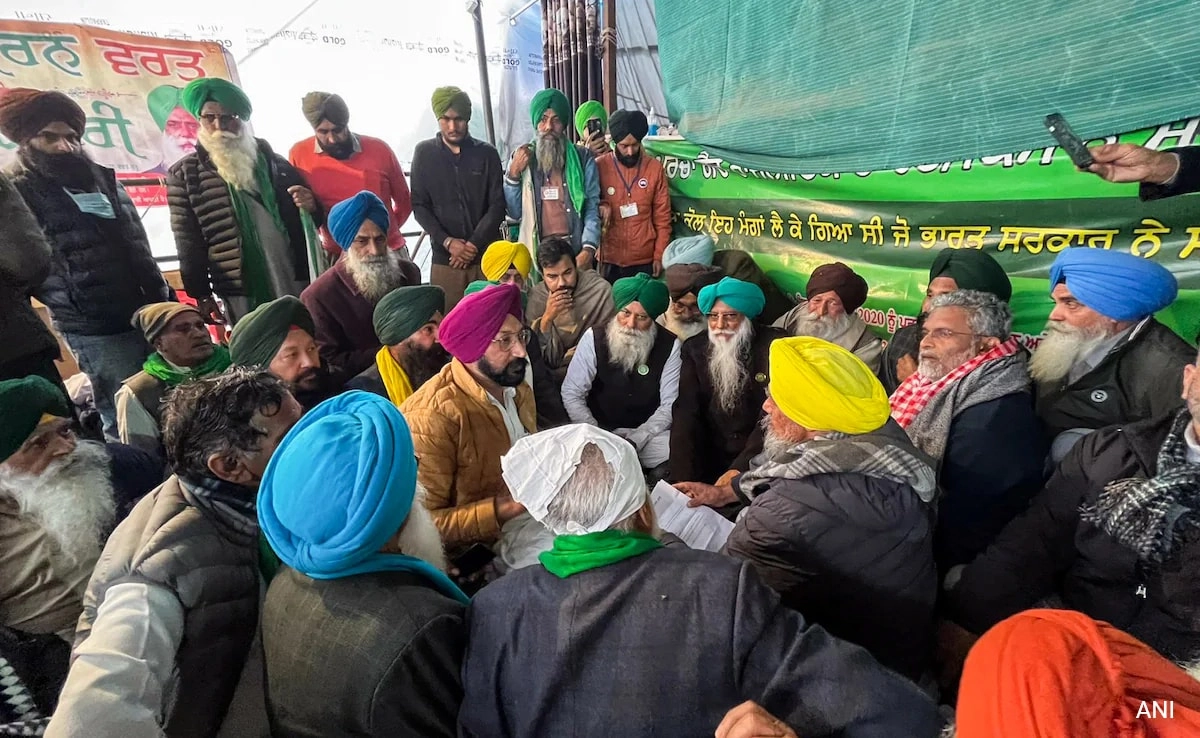The Shiv Sena, a prominent political party in Maharashtra, has raised concerns over the ongoing controversy surrounding flights between Mumbai and Turkey. In a recent statement, party leaders emphasized the need for the suspension of these flights due to the escalating tensions that have emerged. The call for action stems from the party’s apprehensions regarding safety and security, as well as the broader implications of international relations in the region. The party argues that the current geopolitical climate necessitates a reevaluation of travel routes, particularly those connecting Mumbai to countries that might pose risks.
The Shiv Sena’s demand comes in the wake of increasing scrutiny over Turkey’s political stance and its implications for India. With tensions flaring in the global arena, particularly concerning issues related to terrorism and diplomatic relations, the party believes that suspending flights would be a prudent measure. They argue that public safety should be the foremost priority, especially in a bustling metropolis like Mumbai, which is a significant hub for international travel. The party’s leadership has called on the government to take immediate action to ensure the safety of Indian citizens traveling abroad.
Moreover, the Shiv Sena’s call highlights a growing trend among political parties to address foreign policy issues that directly impact the lives of their constituents. This move resonates with a broader sentiment among the public, who are increasingly aware of the complexities of international relations and their potential effects on domestic security. The implications of such a suspension could extend beyond just the flights themselves, influencing trade, tourism, and cultural exchanges between India and Turkey. As the political landscape continues to evolve, the Shiv Sena’s stance serves as a reminder of the interconnectedness of global events and local concerns.
In summary, the Shiv Sena’s demand for the suspension of Mumbai-Turkey flights reflects a significant intersection of local politics and international relations. It underscores the importance of addressing safety and security concerns in light of evolving geopolitical tensions. As discussions continue, the ramifications of this demand will likely be felt across various sectors, prompting a reevaluation of travel policies and international collaborations.




